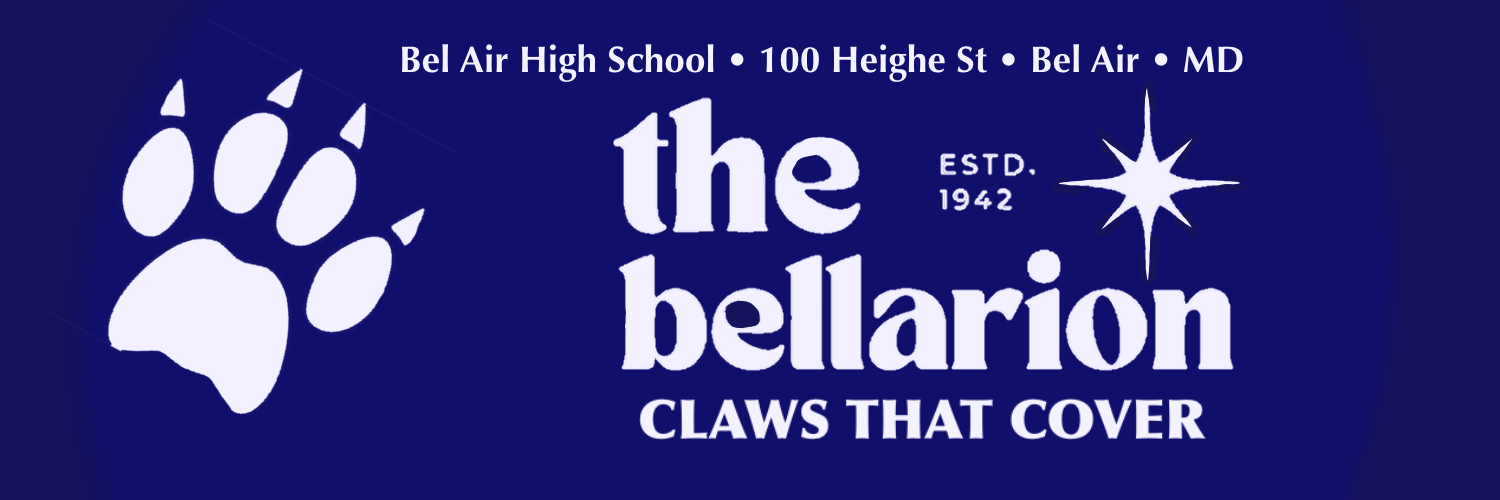Je Suis Charlie
January 16, 2015
Last week On Jan. 7, 2015, two men entered the Charlie Hebdo headquarters in Paris, France and proceeded to open fire on the employees. Twelve people died in the attacks, while another eleven were wounded. The political satire newspaper was targeted for its depictions of the Islamic Prophet Muhammad. The Islamic extremist gunmen were identified as brothers Said Kouachi and Cherif Kouachi, and recently an al-Qaeda group based out of Yemen admitted that they ordered the attack. A third suspect took hostages at a local Kosher supermarket in Paris. This was the most devastating terrorist attack in France since the 1961 Vitry-Le-Francois Train Bombing.
The attacks were thought to have occurred after Charlie Hebdo politically lampooned Islamic leaders as well as the Prophet Mohammed. In the Islamic faith many see the depiction of Muhammad as strictly prohibited, and in a 2011 edition, Muhammad was depicted on the front cover, saying “100 lashes if you don’t think this is funny,” which was followed by many threats from radical Islamic groups. When the attack took place the assailants shouted “Allahu Akbar” (God is great) while they shot the people.
In the wake of the aftermath Charlie Hebdo stated that it would print the following week. On an even more controversial cover than before, the cartoonists depicted the Prophet Muhammad once again, holding a sign saying “Je Suis Charlie” (I am Charlie) with the caption “Tout est pardonne” (all is forgiven). The statement had been made by the writers, they were not going to cower in fear as their rights of free speech were challenged. French President Francois Hollande stated;
“Charlie Hebdo is alive and will live on,” he said. “You can assassinate men and women but you will never kill their ideas.”
David Cameron, Prime Minister of England said that he backed the decision to print the latest copy because it would be wrong for the editors to appease the “fanatical death cult of Islamist extremism”.
But here’s where things get split. Politicians, celebrities, citizens of the world are fighting for the freedom of speech, and the freedom of press. But what of the Islamic world? Just because French news organizations enjoy the freedom of press legally, does it mean that what they did was morally right? The Islamic faith has more than 1.5 billion adherents in the world. To be clear, a miniscule number of these adherents are the extremists who carried out and supported the attack, but that’s not to say many more were not offended by Charlie Hebdo’s decision. Many Islamic leaders have even spoken out about this attack. Ahmed Aboutaleb, the Mayor of Rotterdam in the Netherlands, is a Moroccan born Muslim, and in an interview shortly after the attacks told his fellow adherents to “respect the freedoms of the Western world”. In the same sense that Hollande, Cameron, and Aboutaleb spoke out to protect the rights of the publication, many spoke out against their actions. Pope Francis stated that, “those who ridicule other’s religion, should expect a punch”. Vatican officials also denounced the attacks, as well as encouraged leaders of the Islamic world to speak out against Islamic radicals.
With the repercussions of the actions taken, the world begins to ask itself questions regarding freedom, and security. Should journalists die for expressing their views? Should religions become the target of satire, despite the offense that could be taken from them? Shall we live in a world where one person’s freedom of expression threatens global peace?
All the global community can do in a time like this, is come together, remember those who lost their lives, and try to overcome a tremendous tragedy.
Je suis Charlie.

